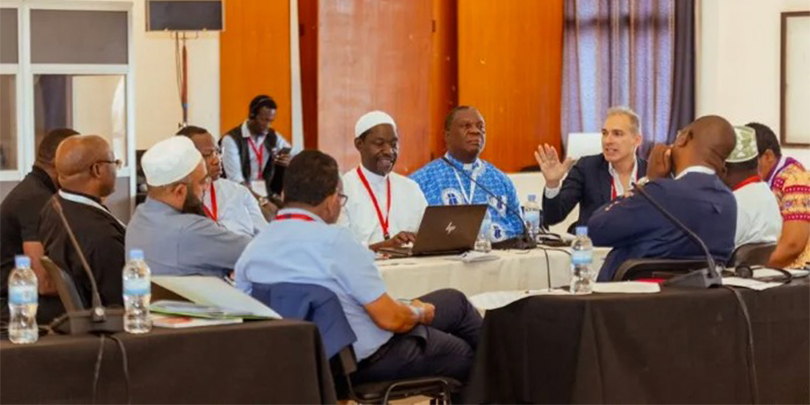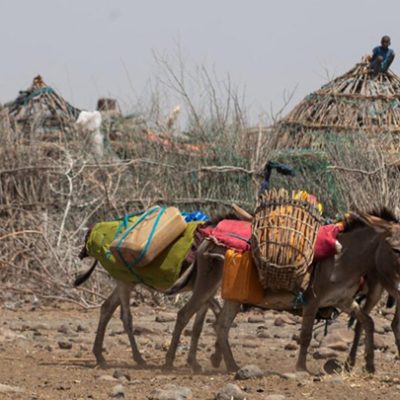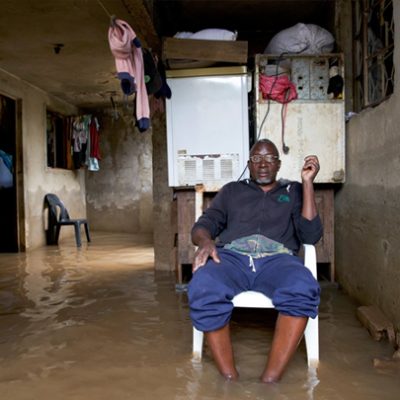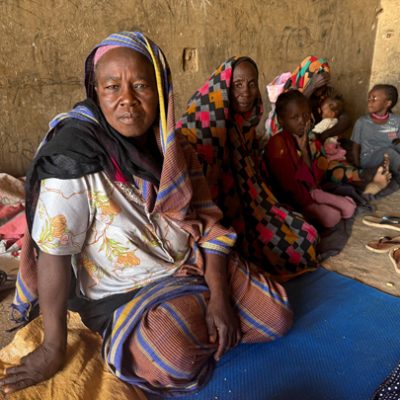
Church leaders in Africa have called for large-scale debt cancellation to relieve the continent’s crushing debt burden. Source: The Tablet.
According to the African Development Bank, Africa’s total external debt stood at $US1.15 trillion in 2022 and rose to $1.52 trillion in 2023.
The Church leaders met on July 19 in the Rwandan capital Kigali, issuing a statement to the G20, G7, United Nations, IMF and World Bank that warned that Africa will spend $90 billion servicing public debt in 2024 alone, undermining its development.
The Kigali meeting was meant to prepare for the Church’s 2025 Jubilee Year, but the worsening debt burden led the Church leaders to emphasise the need for “a new debt Jubilee to bring hope to humankind, and to bring the planet back from the brink of becoming uninhabitable”.
They said Africa’s burgeoning debt left country’s with “agonising choices between spending and investing on their people and paying their creditors”.
“This year alone, Africa will spend $90 billion servicing public debt. Yet, the average African country’s combined spending on health, education and social protection is two-thirds of their debt payments,” they said.
Yungong Theophilus Jong, policy, advocacy and research lead at the African Forum and Network on Debt and Development (AFRODAD), said that that aggregate debt stood at 68.6 percent of GDP in 2023.
“When you have a tightening fiscal space, a high debt-to-GDP ratio, then you start falling towards a country that can be considered in debt distress,” Dr Jong said.
He said there was already evidence that several countries in Africa are taking austerity measures “to be able to mobilise resources to finance development goals and investment projects. It’s a clear indication of a tightening fiscal space.”
Ahead of the last Jubilee in 2000, African Church leaders made a similar call that led to significant debt relief.
“Our call for debt forgiveness was joined by leaders all over the world and international financial institutions mobilised $130 billion in debt relief, which helped advance spending for poverty reduction in several countries,” they said.
They, however, complained that “inequities in the international tax, financial and trading systems, together with gaps in domestic governance, continued to foster unsustainable debt”.
FULL STORY
African bishops appeal for debt relief ahead of Jubilee year (By Ngala Killian Chimtom, The Tablet)






